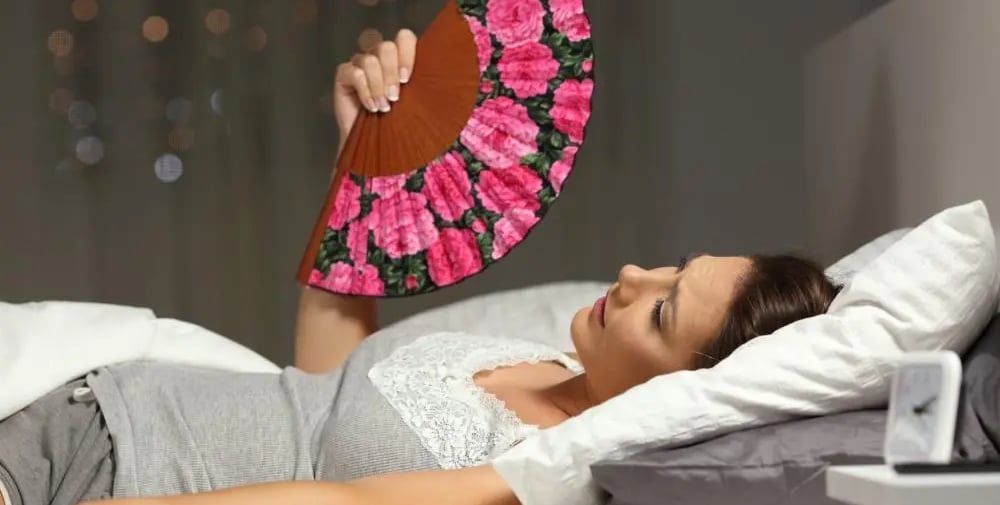Menopause Night Sweats: Causes and Remedies
This article explores Menopause Night Sweats: Causes and Remedies with science-backed insights, natural remedies, and lifestyle advice.
SLEEP SOLUTIONS


This article explores Menopause Night Sweats: Causes and Remedies with science-backed insights, natural remedies, and lifestyle advice.
SLEEP SOLUTIONS

